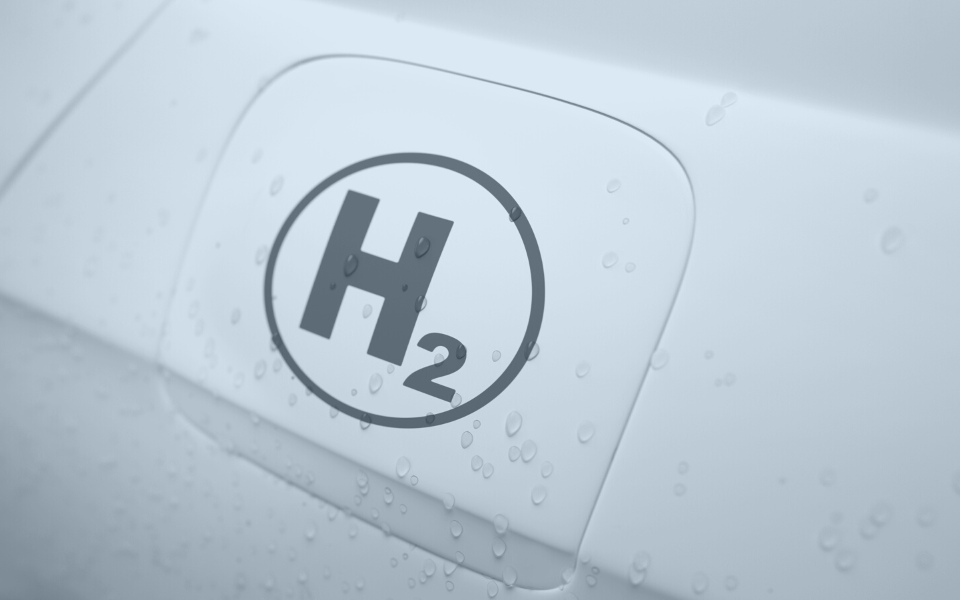Hydrogen Vehicles | The Future of the Industry

Hydrogen cars have certainly entered the chat in discussions online and off across the industry. But with only about 15,000 total cars on the road and all of them located in California, it’s too soon to say if they will be a viable competitor to other renewable energy vehicle options. Research and markets predict the global hydrogen fuel cell vehicle market to reach US $8,535.23 Million by 2027. For comparison, the market size was US $740.1 Million in 2021. Today we explore just what hydrogen cars are, the pros and cons of ownership, and our thoughts on the likeliness of them taking any major market share in the future.
What is a hydrogen vehicle?
Hydrogen cars (called fuel cell vehicles) are electric vehicles that derive energy to power an electric motor. A box with a fuel-cell stack is fed a combination of hydrogen with comes from a tank and the oxygen from air resulting in electricity via a chemical reaction. Whereas an electric or EV vehicle recharges as designated stations, hydrogen vehicles refuel their battery quickly using the onboard fuel supply.
The pros
Like their electric and EV cousins, fuel cell vehicles are climate-friendly utilizing an infinitely renewable substance and with zero emissions. Unlike EVs which can take around 40 hours to recharge, the fuel cell system can fully refuel in just about five minutes, making it more similar to combustion engine vehicles in terms of fueling. In addition to that, the vehicles include regenerative braking which recaptures wasted energy as it slows down. Hydrogen cars have also evolved to be quite safe with tanks strong enough to withstand even the most catastrophic accidents.
The cons
One of the biggest pitfalls of hydrogen vehicle ownership is a serious lack of infrastructure for refueling. Stations that offer hydrogen fueling are quite few and far between and the lack of supply chain infrastructure has resulted in shortages of hydrogen on more than one occasion. Toyota even refunded lease payments in 2019 for drivers unable to use their vehicles due to one such shortage. Another pitfall is cost. According to the California Hydrogen Counsel, “Currently, a kg of hydrogen costs between $10 and $17 at California hydrogen stations, which equals about $5 to $8.50 per gallon of gasoline, however, manufacturers include free hydrogen fuel for several years when selling FCEVs.” Still, when fuel incentives run out, owners are on their own with fuel that costs twice as much as gasoline.
Our prediction
With a growing global awareness of the finite nature of crude oil and the pressure of climate change, all renewable energy alternatives have a fair shot at gaining a large portion of the market. Hydrogen vehicles have a good chance of becoming more accessible and commonplace, but until they get the cost and infrastructure sorted EV and electric seem to out-entice buyers looking to transition away from combustion cars.
What’s your take on Hydrogen cars? Leave a comment below!
We’ve created an extensive library of free e-books, DMS education, parts inventory education, and more editions of this series exploring industry trends and helping you prepare for the future of the industry.
Thoughts, questions, or opinions? Get in touch!

Submit a Comment
Your email address will not be published. Required fields are marked *